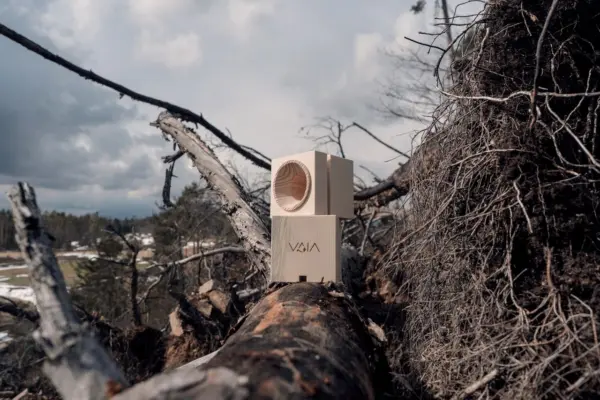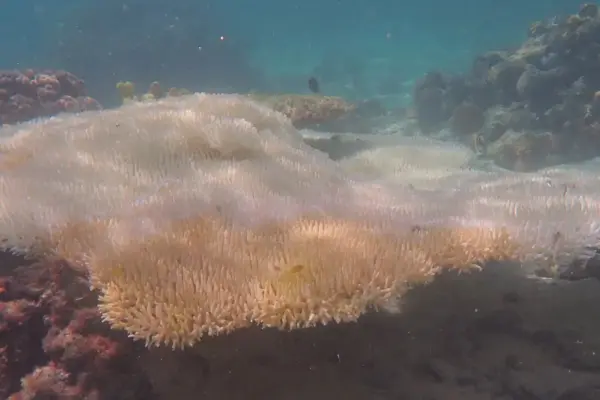Humanitarian Crisis in Syria: Water and Food Scarcity Worsened by Political Unrest
Nicole Hark, Mercy Corps’ Country Director for Syria, elaborates dire situation in the country
Syria is a country torn by political unrest, where its citizens are going through a worrying humanitarian crisis as water and food insecurity took hold. Over 15 million people in Syria are in dire need of humanitarian assistance, including 7 million children and 4.5 million women. Two-thirds of the country’s population is grappling with exacerbating the economic crisis, continued localized hostilities, mass displacement, and distraught public infrastructure. Rocked by the catastrophic earthquakes earlier this year, the country is left in urgent need of food, water, shelter, and medical assistance.
Providing relief assistance in Syria, Mercy Corps is an NGO supporting families fleeing violence in the country. Through donations, the organization is helping provide food, clean water, education, and long-term support to people in Syria. We talked to Nicole Hark, Mercy Corps’ Country Director for Syria. She talks about the organization’s mission, the current water and food situation in Syria, and what else can be done to ease the humanitarian crisis. Read on to find what she had to say.
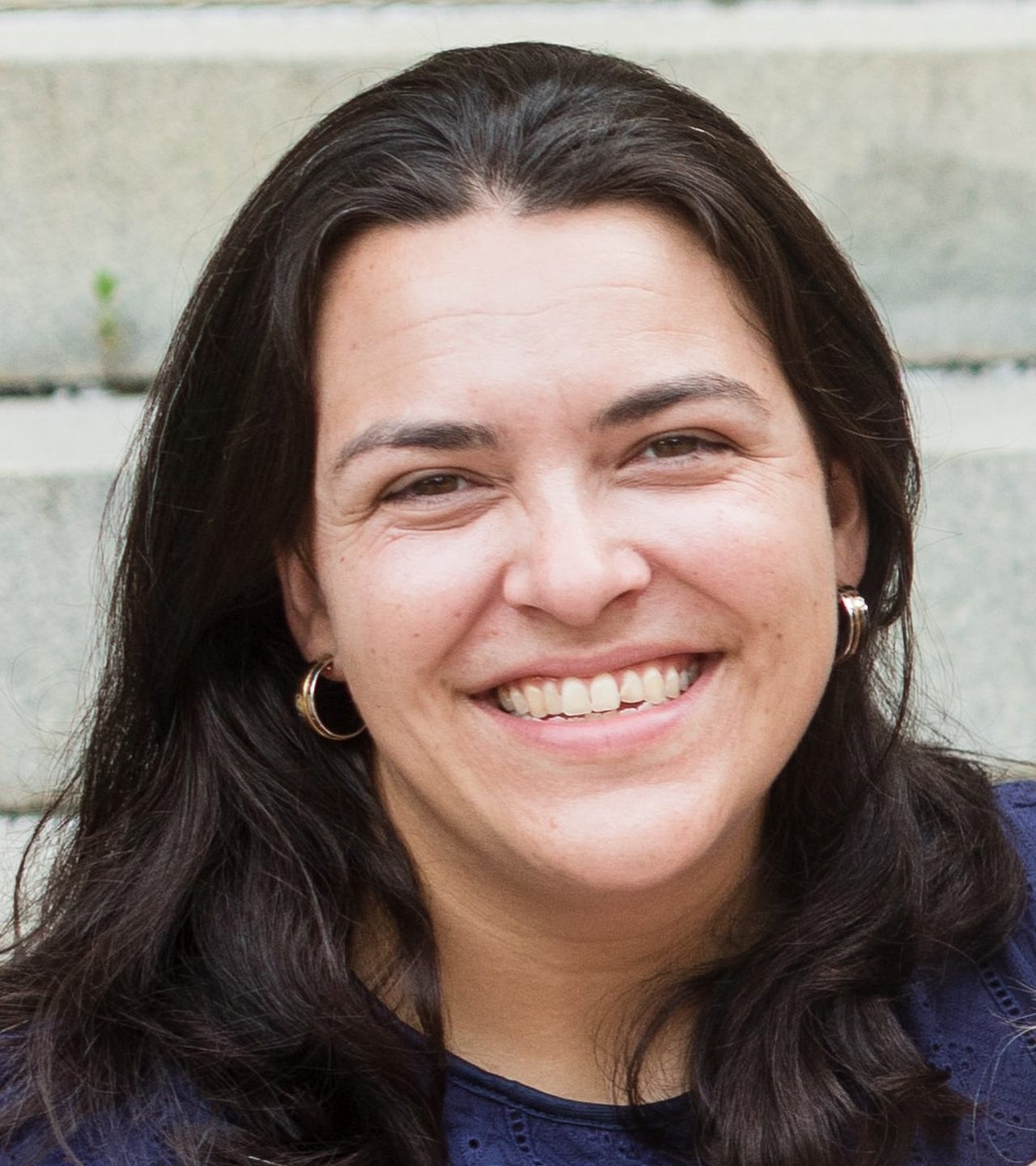
Image: Mercy Corps
Planet Custodian: Can you give us an overview of what your mission as Mercy Corps’ Country Director for Syria entails?
Nicole Hark: Mercy Corps is working in Northwest Syria and Northeast Syria supporting communities so they can move beyond survival to productivity, become more self-reliant, and have opportunities to earn an income. We believe in a community-led approach that empowers communities to think beyond the needs of today to create a better future.
Our work in Syria is focused on the following priority areas:
- Meeting the pressing and present humanitarian needs through finding solutions that give people more options and resources to meet their immediate needs, become more self-reliant, and be more resilient to future challenges. We support people displaced to camps, informal settlements, and host communities with water trucking, de-sludging, and garbage collection to help them stay healthy. We also provide multi-purpose cash assistance for families to meet their immediate needs and support the local economy.
- Whenever possible, we work to provide people with the means to support themselves and their families. We work with farmers to increase their agricultural yields, and with young people to teach them new skills, depending on what the demand is in the areas where they live. We also support small businesses with skills training and cash grants, so they can not only survive but grow and hire more people from the local community.
- We are partnering with communities to address underlying causes of tensions. We work with community members, civil society, and key decision-makers to utilize approaches in reconciliation and civic participation.
Also Read: Hunger and Starvation Across the World is Affecting Half of Human Race
Planet Custodian: How is Mercy Corps aiding the citizens of Syria dealing with the escalating humanitarian crisis?
Nicole Hark: Mercy Corps has been working in Syria since 2008, delivering emergency assistance and addressing longer-term needs both before and during the current crisis. The humanitarian needs continue to increase as Syria now faces an economic crisis on top of a political crisis in the context of larger geopolitical situations like the war in Ukraine which are impacting daily life.
In addition to responding to immediate humanitarian needs through the provision of resources and services, we are also focused on increasing economic opportunities, improving social cohesion, and increasing climate awareness and action to address longer-term needs. On the economic side, we do this partly by addressing barriers to participation in the local economy and strengthening market actors through community investment or private-sector-led interventions.
On the climate side, we are advancing climate-adaptive approaches to drive more sustainable growth and aim for more efficient and productive systems through the promotion of a circular economy and the reuse of local resources. Going forward, we want to support local communities to improve their use of evidence, information, and locally-adapted management systems for natural resources; and support mitigation efforts through technology and local behavior change toward responsible resource use. We are also exploring land management and ecosystem approaches.
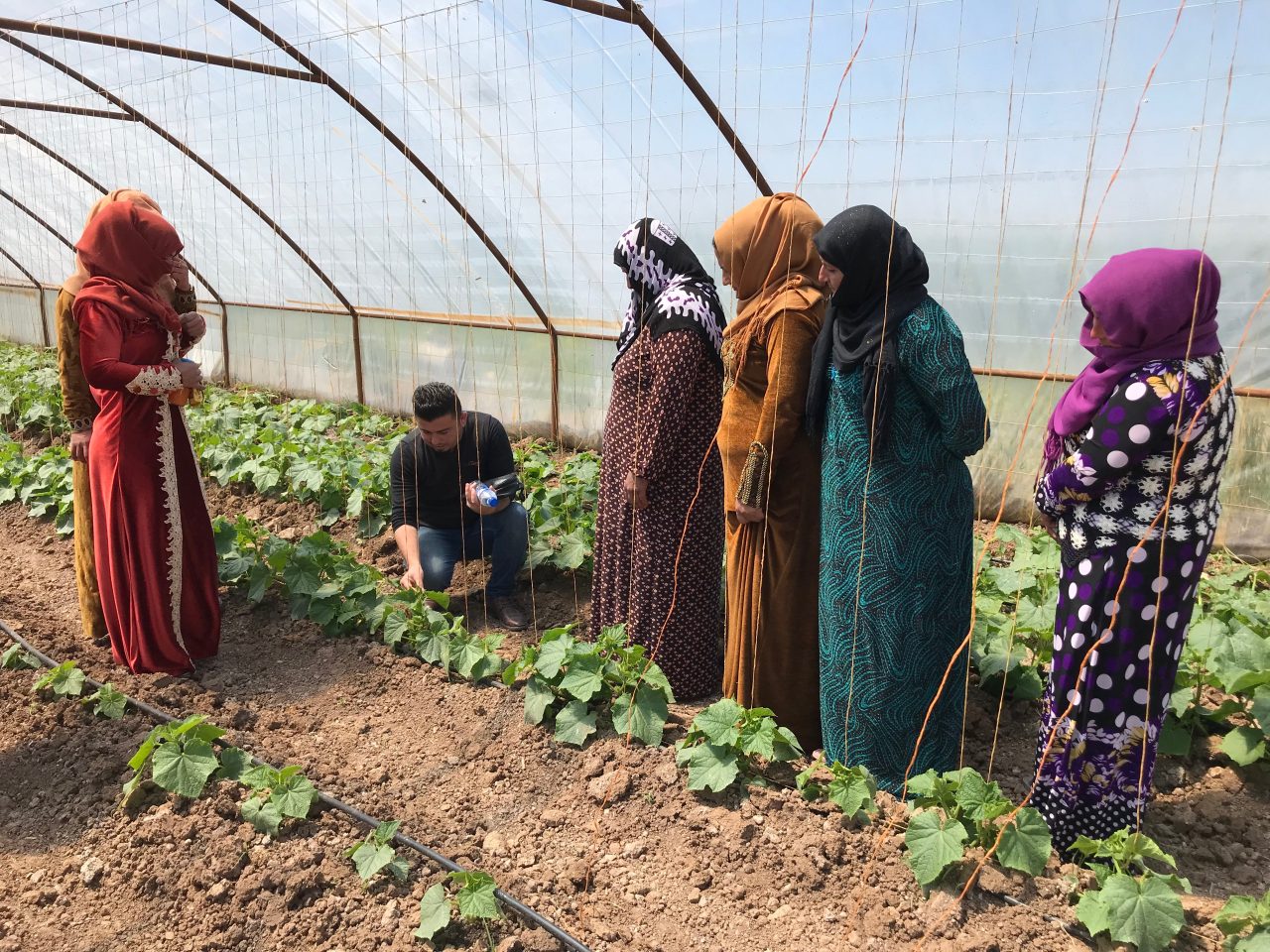
Image: Mercy Corps
Planet Custodian: Over half of the country’s population is food insecure. How does climate change factor into the situation?
Nicole Hark: Climate change has led to decreased rainfall and groundwater replenishment, causing water scarcity and degraded agricultural land productivity in Syria. In the context of a prolonged drought, cross-border and domestic competition over water resources has further increased scarcity, leading to the unregulated installation of boreholes and misuse of agrichemicals that contribute to soil and water contamination.
We need greater foreign investment in agriculture and water in order to increase domestic food production. Syria could feed its entire population, but this would require strategic investments that are planned and coordinated across multiple organizations and sectors. We need to address both acute needs as well as consider investments for longer-term solutions. Currently that is not happening in a synchronized way.
Planet Custodian: How many people and communities have been provided with the aid so far?
Nicole Hark: In 2022, Mercy Corps reached 1,023,754 direct participants in Syria.
Also Read: 15 National Parks in North America Facing Existential Crisis Amid Climate Change
Planet Custodian: The water level in the rivers and lakes of the country has been depleting amid the persistent drought spells. How is this situation being dealt with?
Nicole Hark: There is unfortunately not much being done at a community level. Due to a lack of clear or good governance, in many cases, we’re seeing more people engaging in unsustainable– and in some cases, unsafe–coping mechanisms including digging individual or community borewells which may be contaminated and cause illness.
Mercy Corps supports mitigation efforts through technology and local behavior change toward responsible resource use. Today many people will still use water inefficiently, for example, clearing dust outside their homes or over-watering plants, so this requires a behavior change at the household level.
We are also engaging in pilots around water harvesting and community catchments, taking greater advantage of rain-fed agriculture and introducing more information and education about water conservation. At a larger scale, we need to have dialogue around water rehabilitation–whether at water points and stations or irrigation canals– to engage between political red lines, community needs, and resource mapping.
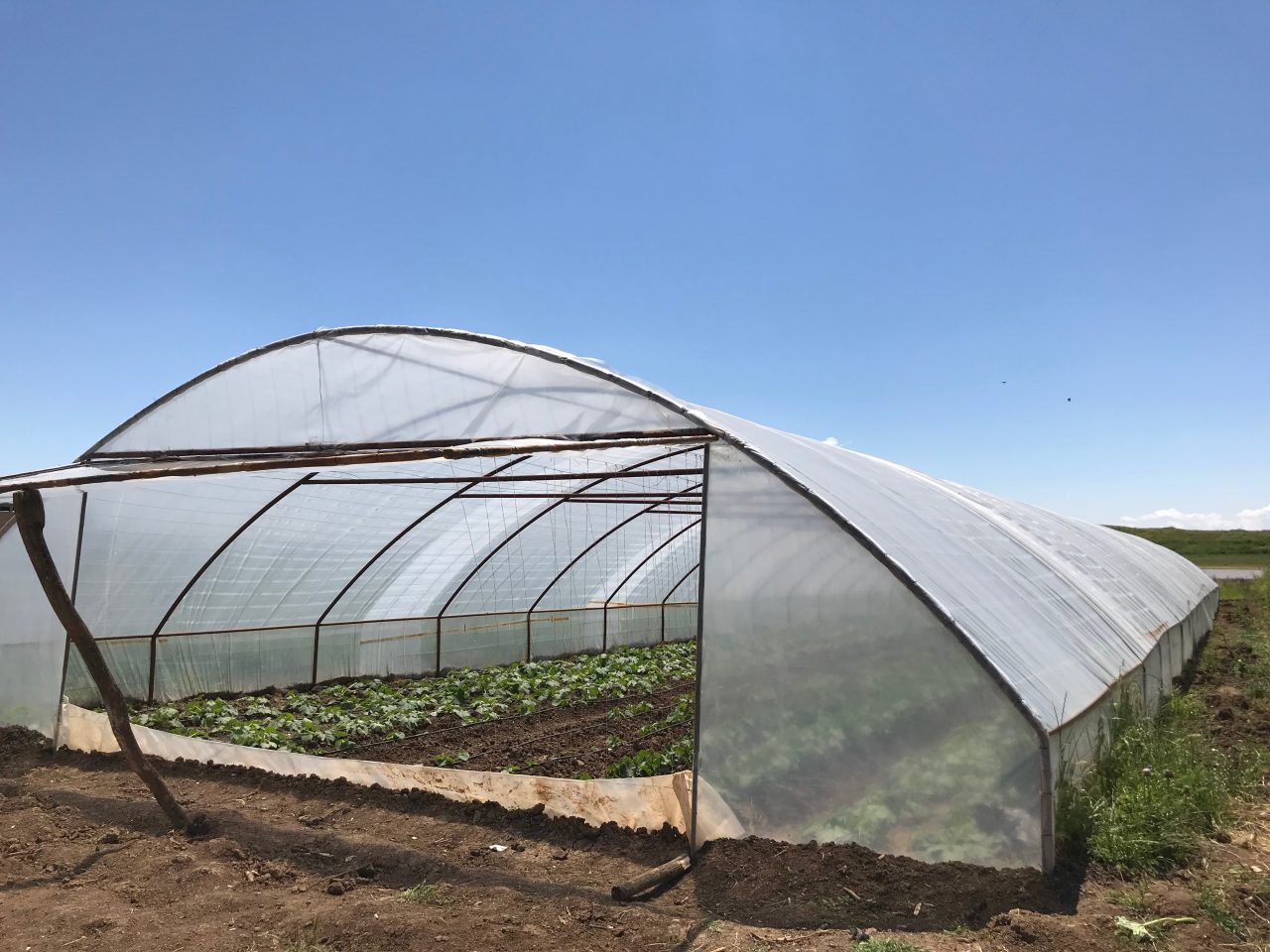
Image: Mercy Corps
Planet Custodian: What else do you reckon can be done to meet the humanitarian needs in Syria?
Nicole Hark: In order to meet humanitarian needs in the future, we need to bolster our time horizon and investment to move beyond short-term solutions in response. There are significant longer-term opportunities for the private sector to partner with Syrians to increase economic opportunities and move beyond survival to productivity and self-reliance, however, the security and political risks hinder clear commitments.
Donor governments agree that resilience-based programming and early recovery are needed, but there are so many competing needs for the immediate humanitarian response that it is difficult to prioritize the financial resources needed for agriculture, climate, and natural resource management programs.
Planet Custodian: How challenging is the situation for aid workers in Syria after over a decade of war?
Nicole Hark: We work whenever and wherever we are able, even in active conflict zones. We operate under a humanitarian principle called “primacy of life.” That means that we put the safety of our team members first and will shelter in place, close offices, and instruct team members to work from home if they would be putting themselves at risk. We have dedicated security personnel who monitor the situation and make the best possible decisions to ensure team safety while fulfilling our mission.
Our team members and partners in Syria are Syrian, often from the communities they are working to support. Ultimately, Mercy Corps has a responsibility to deliver humanitarian aid impartially to displaced and vulnerable civilians who are victims of the conflict. That is what we do.
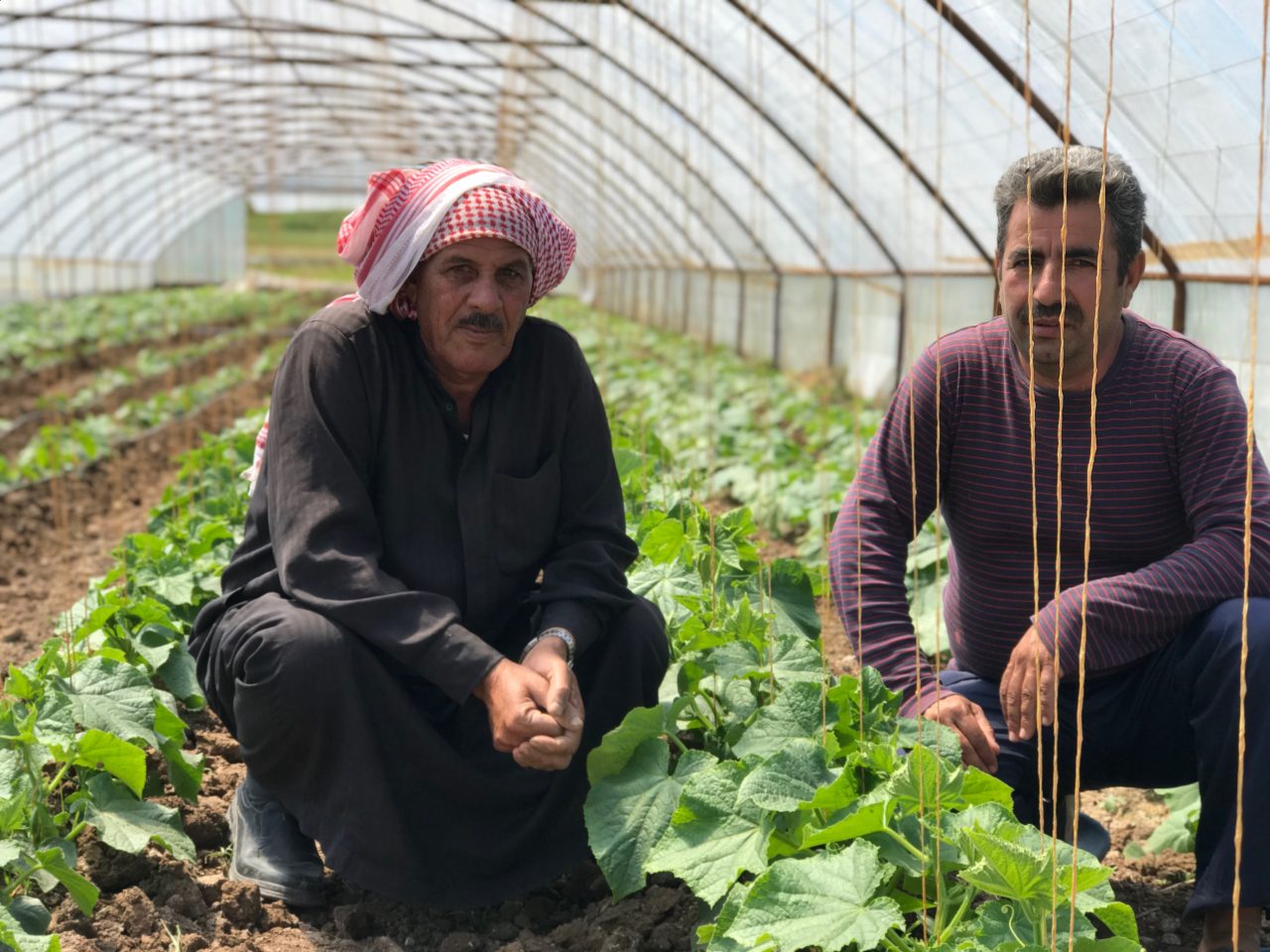
Image: Mercy Corps
Planet Custodian: How has the recent earthquake impacted aid efforts?
Nicole Hark: Access to Northwest Syria is always complex, with two governments and three authorities setting the conditions for humanitarian response in coordination with the United Nations. Mercy Corps was already operational inside Northwest Syria before the earthquakes with a team of 45 Syrians and several local partners in the Northwest so they were quickly able to start accessing impacted displacement camps and communities where we already work. We had already pre-positioned more than 1,700 new arrival kits that included critical supplies that we were able to distribute to those affected and we were in contact with suppliers locally to procure additional supplies.
Unfortunately, we did not see the speed and scale needed to provide life-saving assistance inside Northwest Syria, and relatively quickly those needs were absorbed into the already existing severe challenges on the ground.
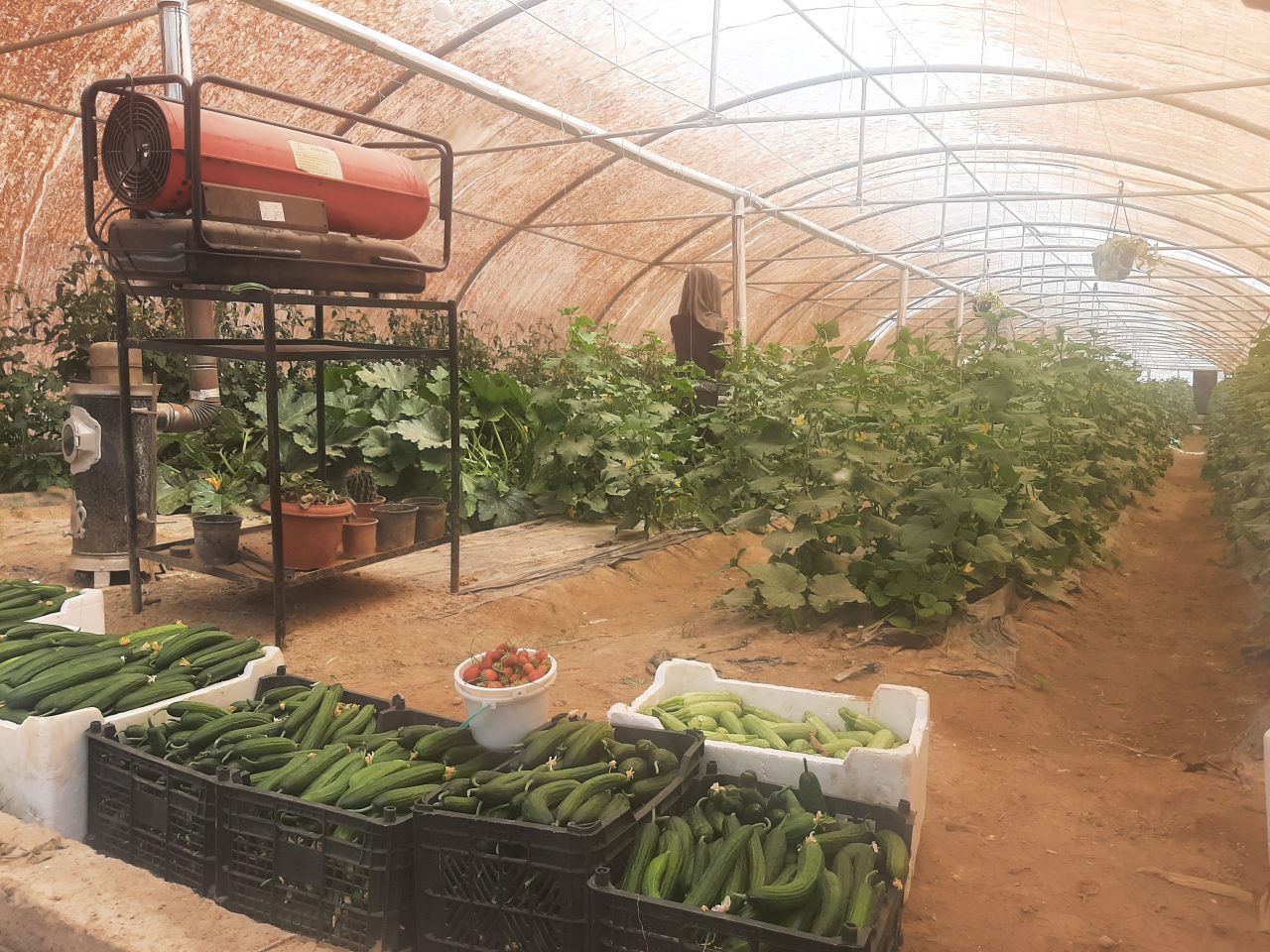
Image: Mercy Corps
Also Read: 27 Climate Change Terms You Must Know and Understand
Planet Custodian: What is currently being done to relieve the food and water insecurity in the country?
Nicole Hark: Mercy Corps in Northeast Syria is working on providing climate-smart interventions that address food and water security including:
- Raising the capacity of the targeted communities toward having more water-saving practices such as applying drip irrigation and sprinklers systems replacing the traditional irrigation methods that are wasting water, it has been proven that these techniques are saving up to 60% of required water for one hectare comparing to the watering required in the traditional methods.
- Providing training to farmers through the Farmer Field School approach in Hasakeh and Raqqa governorates around best production practices for wheat, vegetables, and livestock in which the rationalization of water consumption messages are delivered to the farmers and livestock herders.
- Implementing a pilot project on rainwater harvesting Introducing solar into livelihoods programs, for example, irrigation or cold storage.
- Empowering community agricultural production through the use of climate-smart technologies and establishing greenhouses to support resource management and overcome the volatility of seasonal cycles. This method demonstrated a 500-600% increase in production.
- Providing farmers with solar systems for water pumping to minimize dependency on annual rainfall.
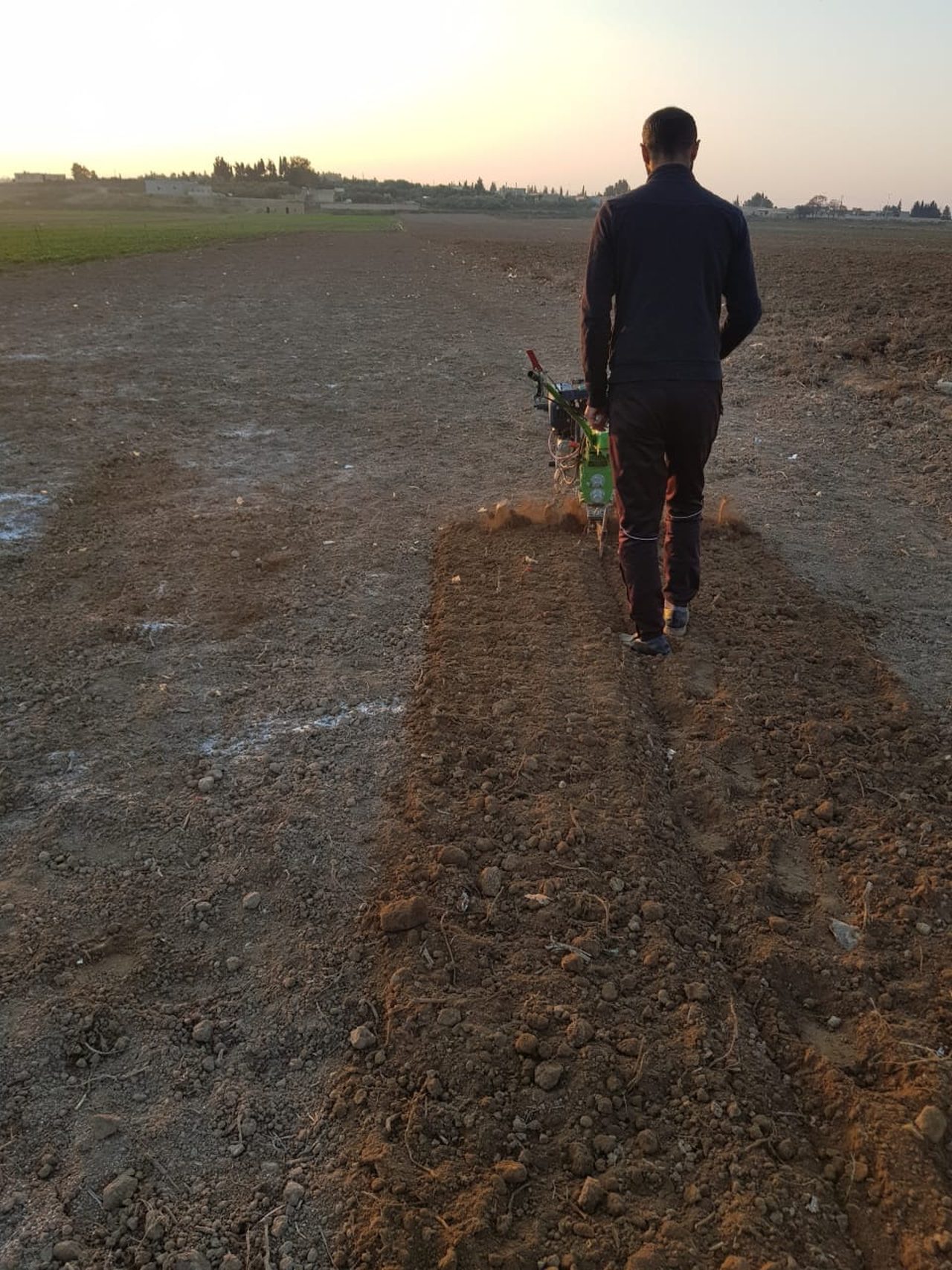
Image: Mercy Corps
Planet Custodian: How have climate shocks and natural hazards exacerbated the situation?
Nicole Hark: Syria has been deeply affected by irregular precipitation patterns, leading to widespread drought conditions and desertification. Decreased rainfall has greatly affected the replenishment of surface and groundwater, while poor water management contributes to water pollution, soil degradation, and poor access to safe water. Deforestation, increased wildfire activity, and inadequate physical infrastructure rehabilitation also contribute to ecological damage.
Climate change has also become a determinant of how inequality exacerbates vulnerability to climate disasters, particularly for women and girls. Long-term environmental sustainability in Syria remains a significant challenge, given the lack of capital investment, suitable policy, regulatory environments, and skilled expertise.
Over ten years of conflict have damaged infrastructure, exacerbating natural resource management challenges for local actors. The overlap of climate and conflict in Syria has worsened food insecurity and damaged livelihoods, leading to resource competition and reliance on alternate income, often involving armed actors or other illicit activities.
Large-scale and protracted displacement, coupled with fragmented control by semi-autonomous groups, hinder prospects for long-term climate resilience on a community level. Access to and management of agricultural land is limited by security risks such as active conflict while poor planning and policy lead to misuse of arable land. Unsuitable water management and volatile weather events disproportionately affect vulnerable populations, especially those in IDP camps.
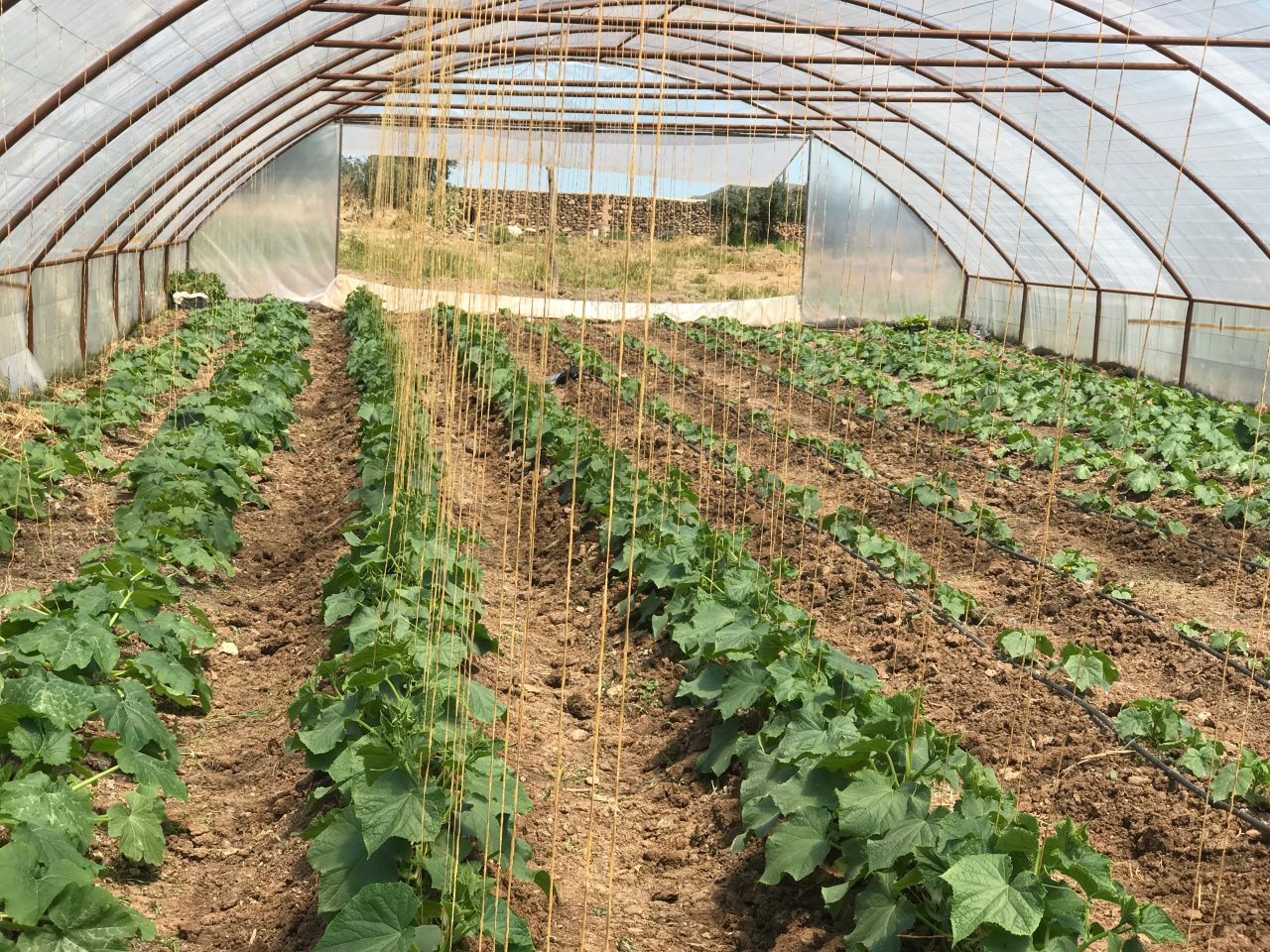
Image: Mercy Corps
Also Read: Climate-Responsive Architecture: Meaning, Significance and Examples
Planet Custodian: Who has been the most impacted by food insecurity?
Nicole Hark: Of the approximately 15 million people in need of food assistance in Syria, children account for nearly half of them, followed by women and people with disabilities. Due to the conflict, there are an increasing number of female-headed households and people with disabilities in those households.
With high unemployment and increased costs of living, many families have little buying power and are forced to resort to unhealthy coping mechanisms to meet their food and nutritional needs. Those families living in urban areas face added challenges as a result of not owning land or assets for agricultural production.
Planet Custodian: How are the millions of displaced people faring under these circumstances?
Nicole Hark: Internally displaced people have limited livelihood opportunities, lack of access to infrastructure and services, and increased protection concerns due to poor shelter and overcrowding. Displaced people living in camps are heavily reliant on humanitarian food assistance for survival.
We are seeing an increased convergence of conflict and competition over resources in Syria. The combination of deteriorating economic conditions and poor governance leads to people seeking whatever will bring them survival. For many, this means moving somewhere in hopes of a better situation. Unfortunately, community-level tensions often rise within the places they are moving due to competition over resources.
Planet Custodian: What does your organization need the most to effectively do its work amid the changing climatic conditions?
Nicole Hark: Increased investment in water and natural resource management, in supporting local agriculture and local communities’ understanding of climate risks and management of their resources.
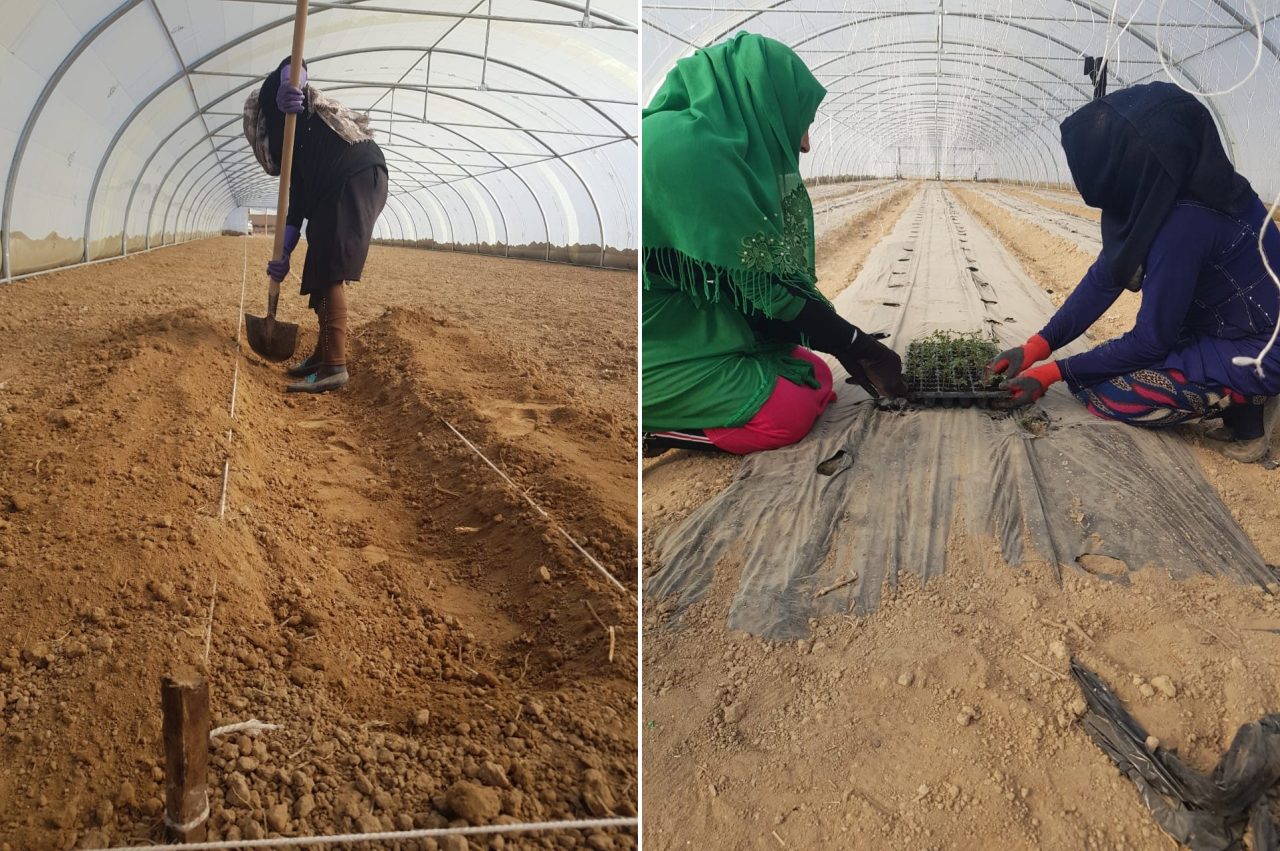
Image: Mercy Corps
The organization also provided quotes from local participants shedding light on the circumstances.
Ahmad – a project participant after receiving training with Mercy Corps added;
“The high quality of fodder made my sheep gain weight and its dairy production increased, also I learned useful things through Mercy Corps training like I started to buy vitamins and mix them with the fodder, so the production gets butter. I also knew a lot about diseases and symptoms that might happen to my sheep and the dates of its vaccine.”
Fatima – a project participant with Mercy Corps said:
“Now after 3 months, I feel I am alive because my sheep didn’t only survive death no but now its health became better. I started collecting my money so I can buy some poultry and through the next month I am thinking of selling my non-dairy sheep and replacing them with dairy sheep to increase my sheep production and that’s something I learned from the training.”
We thank Mercy Corps and Nicole for taking out time to talk to us!
